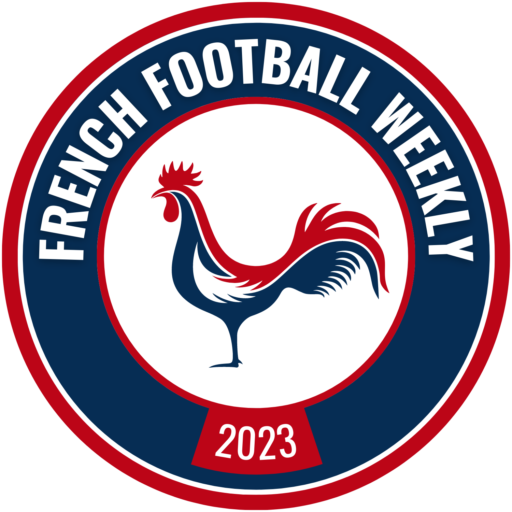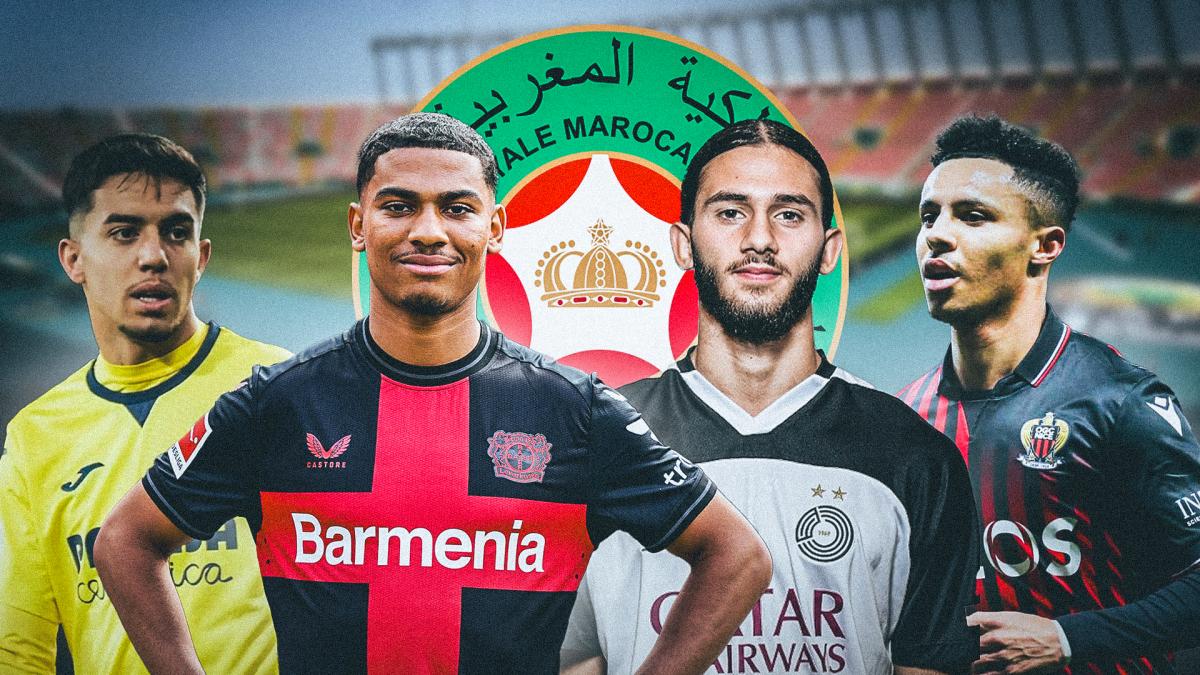In recent years, the battle for dual nationals has been raging between European and African nations. Federations are increasingly competing to attract players at an early age and on the African side, one country stands out: Morocco. For many years, the Lions of the Atlas have developed an effective strategy to attract dual nationals and strengthen their teams across all categories. And in recent days, the semi-finalist of the last World Cup in Qatar has made a strong impact by attracting several promising names.
In addition to Amine Adli, a promising forward from the French national team, who chose to play for Morocco a few months ago, the FRMF also welcomed Sofiane Diop, a forward from Nice. In the U23 categories, Morocco has also snatched the captain of the Spanish U19 team, Ilias Akhomach, and the young talent from PSG, Ilyes Housni. The only setback for Morocco, and it’s a significant one indeed, is the case of Lamine Yamal who decided to play for Spain.
The exception that confirms the rule, as Morocco has become more attractive than some European selections. It must be said that significant resources are made available to be convincing. Firstly, in terms of sports. The recent performance of Walid Regragui’s men at the World Cup showed that it was possible to dream big by joining the Lions of the Atlas. This naturally attracts players who can then believe that they will be able to compete in a World Cup at a competitive level.
The excellent performance of Morocco has also convinced other players to join other selections. “It’s true that when I saw Morocco at the World Cup, it made me think. I thought to myself, ‘Why not me with Algeria?'” recently stated Amine Gouiri to explain his choice to play for the Fennecs.
To have serious arguments when convincing certain players, Morocco has decided to start early, very early. It was one of the first countries in Africa, if not the first, to make contact with players from a very young age. The Moroccan federation, through its various scouts, is not afraid to establish initial contacts to present a project. This also helps to convince the players’ entourage of the seriousness of the approach. And most importantly, the players are followed on a daily basis to establish a relationship of trust.
Another argument that plays in Morocco’s favor is its infrastructure. At the behest of King Mohammed VI, the Moroccan federation had invested a significant budget to build a center worthy of the world’s greatest clubs. The Maamora Technical Center, impressively modern, allows players to be in excellent conditions when they join the national team.
In terms of creating continuity, the Morocco national team insists on first sending the players to the lower categories. The case of Ismael Bennacer had well illustrated this risky policy in the short term but beneficial in the long term. Before he exploded onto the scene, the AC Milan midfielder was close to representing Morocco, his father’s country. However, when the Lions of the Atlas proposed that he join the U23 team initially, he was directly called up to the Algerian national team, which convinced him.
Morocco now offers a clear and structured project and sometimes sends the president of the FRMF, Faouzi Lekjaa, or Walid Regragui to negotiate with players directly. Young players now do not hesitate to pass through the U17/U20/U23 teams, as they know this is a gateway to the national team.
In the coming months, more players could join the Moroccan national team as the FRMF has openly announced discussions with players such as Brahim Diaz (Real Madrid), Eliesse Ben Seghir (Monaco), or Mohamed-Ali Cho (Real Sociedad).

